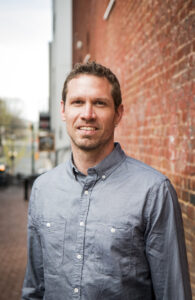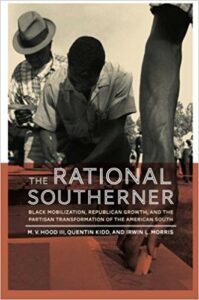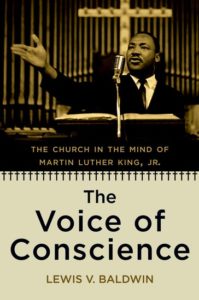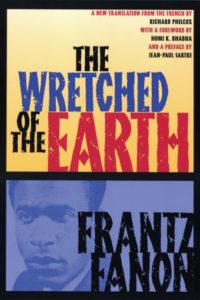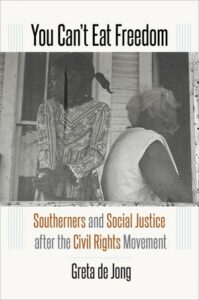 Southerners and Social Justice after the Civil Rights Movement
Southerners and Social Justice after the Civil Rights Movement
In You Can’t Eat Freedom, Greta de Jong explores the link between the civil rights movement and the War on Poverty through examining the history of rural organizing.
In the mid-1960s, two events were rocking the American south at the same time: the political revolution wrought by the passage of civil rights legislation, and the ongoing economic revolution brought about by increasing agricultural mechanization. De Jong focuses on the plantation regions of Alabama, Louisiana, and Mississippi to analyze how social justice activists responded to mass unemployment by lobbying political leaders, initiating antipoverty projects, and forming cooperative enterprises that fostered economic and political autonomy.
Through this thoroughly researched book, de Jong shows how responses to labor displacement in the South shaped the experiences of other Americans who were affected by mass layoffs in the late twentieth century, shedding light on a debate that continues to reverberate today.
Reviews and endorsements of the publication include:
“Beautifully written, elegantly argued, and exhaustively researched, You Can’t Eat Freedom provides a cutting-edge outlook on just how quickly it became dangerous for black southerners to struggle for economic justice in the years after the Civil Rights and Voting Rights Acts were passed. Broadening our understanding of what constituted political action in the civil rights and antipoverty struggles, this book offers a completely fresh analysis of post-1965 rural African American social justice activism, highlighting just how inextricable political and economic justice were in activists’ vision for change.”—Annelise Orleck, Dartmouth College
“One of the most important books about the black freedom struggle in a generation.”—Journal of Southern History
“With an impressive breadth of research, You Can’t Eat Freedom takes us inside communities fighting for civil rights after 1965, looking beyond the much studied earlier period to show us how these ongoing racial struggles were contested on the ground. This book does not shy away from highlighting the prevalence of black poverty after 1965, avoiding the temptation to find silver linings in what is quite a sobering–even bleak–story. This is a nice corrective to the triumphal nature of some civil rights historiography.”—Timothy J. Minchin, coauthor of After the Dream: Black and White Southerners since 1965
For more information on the publication, click here.
Fellow travelers are scholars, activists, and practitioners that embody the ideals and commitments of the Project on Lived Theology. We admire their work and are grateful to be walking alongside them in the development and dissemination of Lived Theology.

